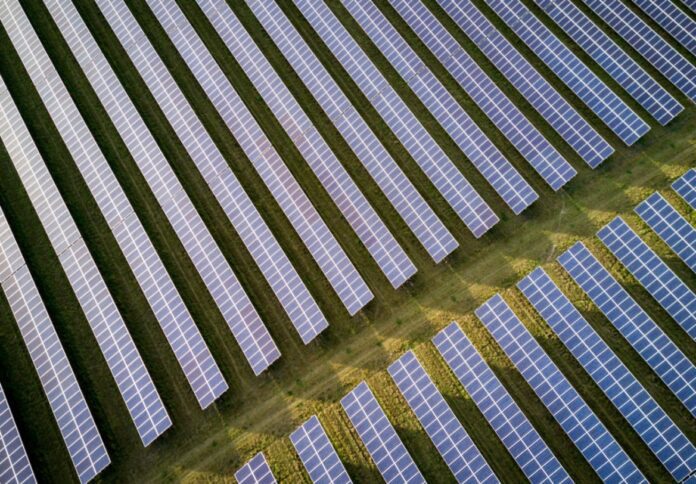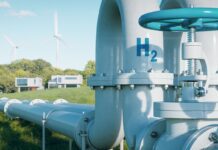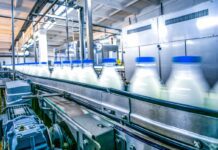
The Federal Government is currently deliberating on a renewable superpower strategy, emphasising the transformative potential of a global shift towards net-zero emissions.
According to a consortium of organisations, the envisioned net-zero world demands a shift towards clean manufacturing of energy-intensive products such as aluminium, alumina, ammonia, cement, fertilisers, iron, and steel.
Comprising members such as the Australian Industry Group (Ai Group), the Australian Conservation Foundation, the Australian Council of Trade Unions, the Investor Group on Climate Change, and WWF-Australia, the consortium represents a diverse coalition of entities united by this renewable initiative.
This transformation hinges on renewable energy sources characterised by scalability, reliability, and competitive pricing, complemented by clean, available, and affordable components, infrastructure, and appliances, Ai Group said in a joint media statement.
Responsible extraction, processing, and recovery of minerals and materials form a crucial aspect of this paradigm, requiring an investment in education, engineering, training, and skills to meet the demands of a burgeoning clean economy job market.
The consortium said Australia stands poised to become a major global player, meeting international needs while reaping domestic benefits.
However, realising this potential necessitates more than inherent advantages; it demands a comprehensive and efficient construction strategy.
Despite the importance of higher energy performance and intelligent energy resource distribution, the acceleration and expansion of essential clean energy infrastructure – transmission, grid-scale storage, and renewable energy generation – are imperative, requiring unprecedented speed, cost-effectiveness, and productivity.
“Delivering that requires a historic step-change in supportive policy and investment, ensuring access to adequate and competitive public and private capital; skills; smarter and better ways of doing things across our industries; and strong supply chains,” the consortium said in a statement.
Social licence, earned through strategic planning, credible assessment processes, fair labour standards, and equitable treatment for those directly affected by energy asset transitions, including First Nations, is equally indispensable.
Drawing inspiration from global counterparts like the USA and Europe, the organisations also said Australia must enact substantial financial incentives and other supportive policies to propel its transition forward.
According to them, without globally competitive incentives tailored to its economic strengths and values, Australia risks lagging behind, facing decreased demand and increased costs for existing emissions-intensive exports.
This could place its domestic transition at the end of the global queue for crucial capital, skills, and equipment just as urgent infrastructure replacement becomes imperative.
Acknowledging existing clean economy initiatives, including the reformed Safeguard Mechanism, the consortium underscored the need for higher investment, sector-specific decarbonisation plans, accelerated implementation, and enhanced coordination for the nation to realise its superpower potential.
The consortium called on the Australian Government to act decisively, deploying a comprehensive set of policy tools, including but not limited to financial and tax incentives, commensurate with the magnitude of the opportunities and risks at hand.



















